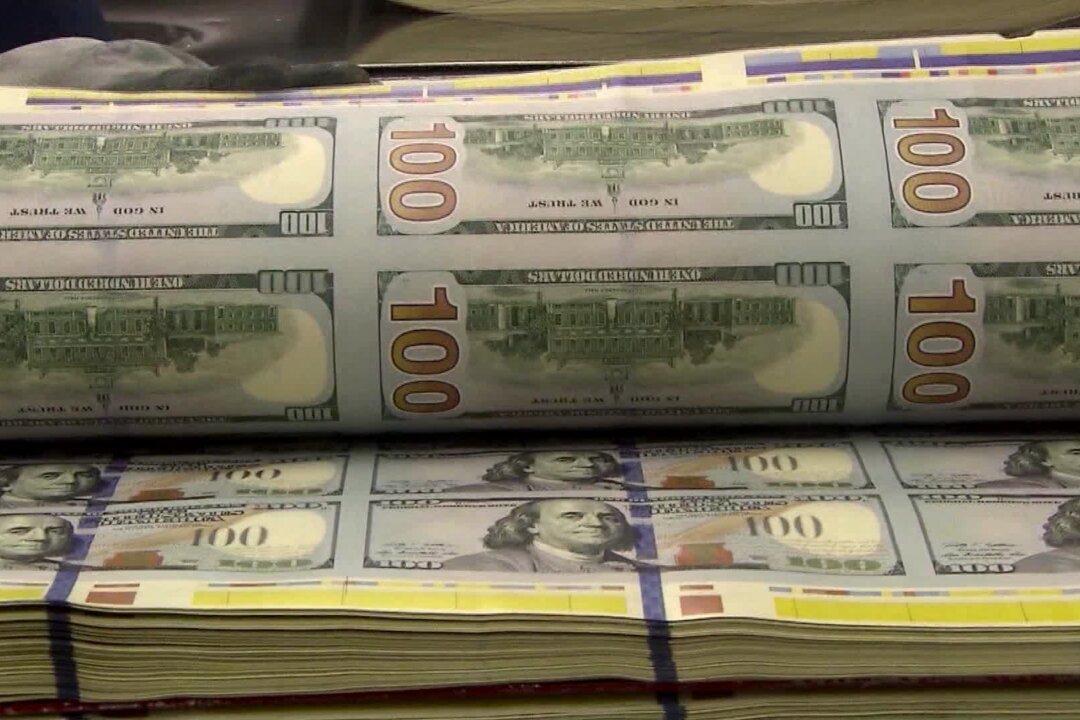The Internal Revenue Service said Friday that some stimulus payments will start going out next week, starting with people who have filed tax returns for 2018 or 2019 and authorized direct deposit.
The first round of direct-deposit payments will be made automatically to qualifying taxpayers.




